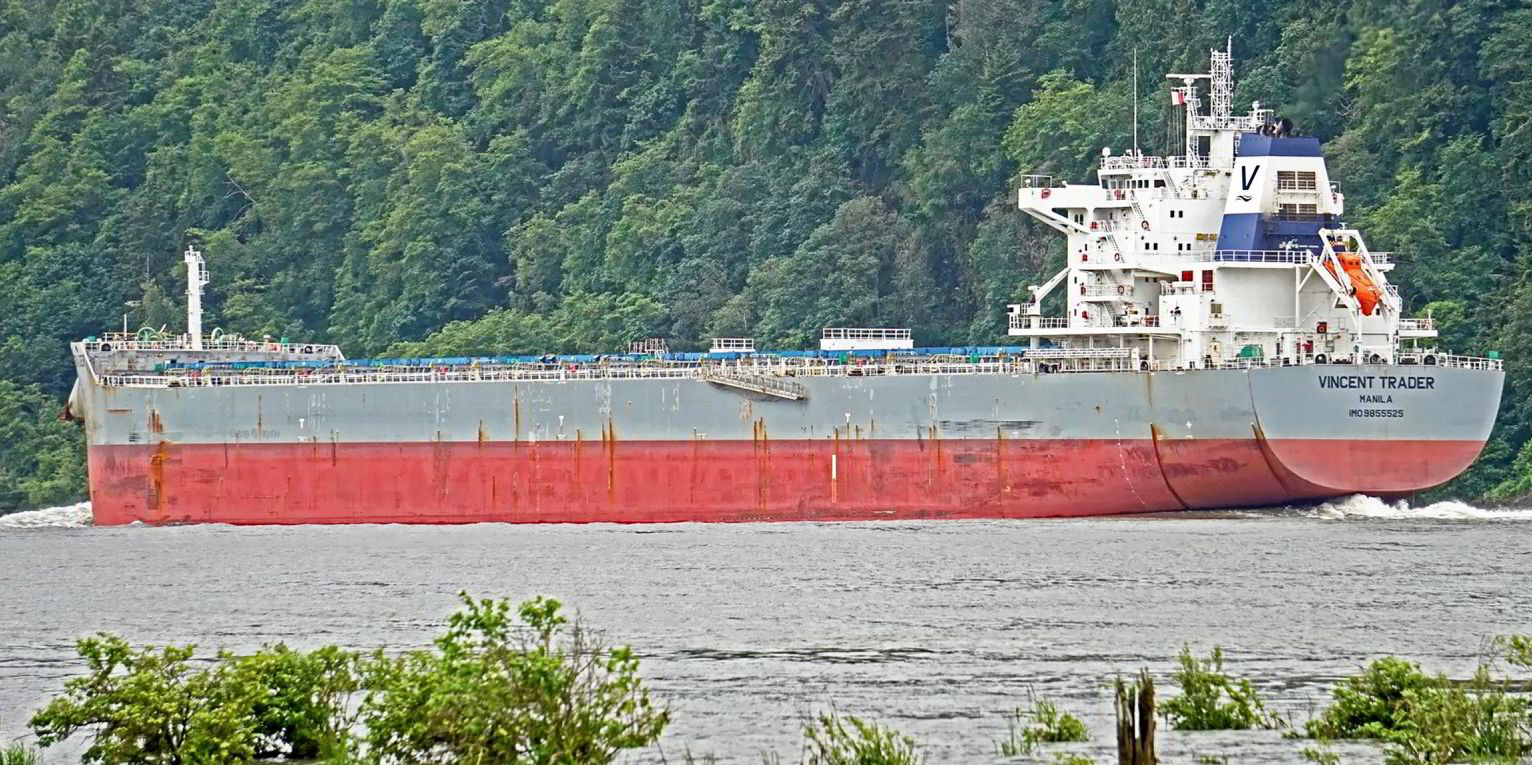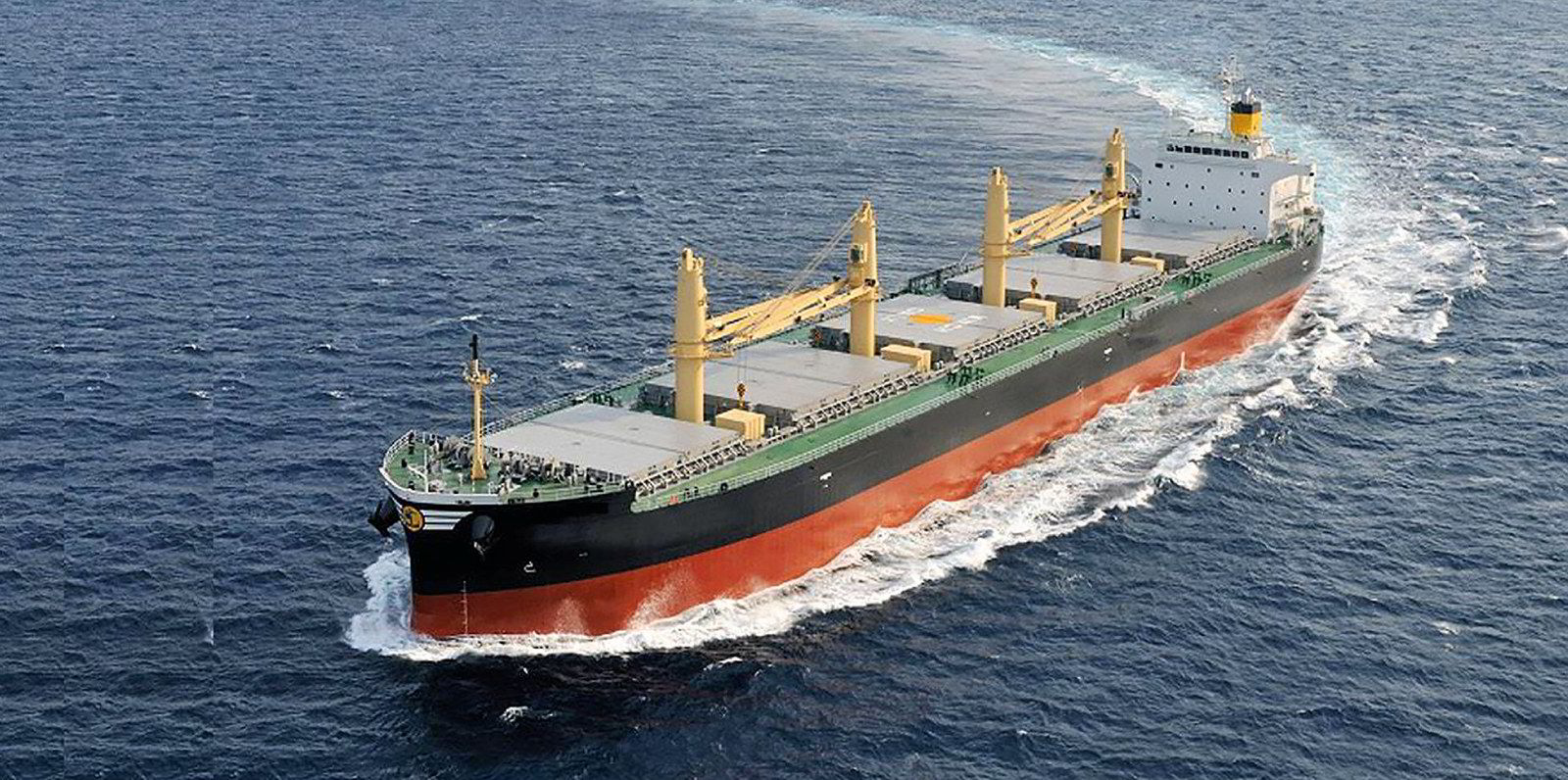Jinhui Shipping & Transportation has opted to charter in its latest vessel rather than buy, in the face of rising newbuilding and operating costs.
The Hong Kong-listed shipowner said it has agreed to charter the 61,452-dwt Pacific Lily (built 2016) for up to two years at $16,500 per day.
It expects to pay just over $10m for the minimum charter period of 22 months to the owner, Zhejiang Shipping (Singapore).
“In view of rising vessel prices, the aggregate of the daily running cost, depreciation, cost of interest, cost of principal payment, insurance and other maintenance costs is high for running a vessel. Besides, the cost of borrowing is increasing under the inflationary environment,” Jinhui said.
“Locking in a long-term contract with minimal hire actually has the benefit of bypassing inflationary pressure and other cost variations which the company would have to bear if we purchase a vessel.”
Jinhui said leasing the vessel represented an opportunity to increase its carrying capacity with a modern ship via means other than outright acquisition, while improving its fleet profile with minimal immediate capital expenditure.
The Chinese shipowner is looking to modernise its fleet of bulkers and has sold off six older supramaxes and two post-panamaxes over the past two years or so.
In mid-February, Jinhui confirmed its purchase of a modern kamsarmax from Nisshin Shipping of Japan and has agreed to pay $31.1m for the 81,600-dwt Vincent Trader (built 2019).
The acquisition came soon after Jinhui’s announcement that it had signed a deal to buy its first capesize bulker, the Japanese-built, 181,300-dwt New Delight (built 2012), from Hsin Chien Marine for $30.95m.
Supramaxes and ultramaxes have been the most popular dry bulk acquisition candidates in the first two months of 2024, according to VesselsValue: 56 vessels changed hands in January and February, according to the data provider.
Forty-nine panamaxes were sold over the same period.
Secondhand supramax sales in February were up 20% year on year, according to VesselsValue, with Greek buyers the most active.
The surge in values has been attributed to robust earnings, as well as the support of additional tonne-mile demand caused by the crisis in the Red Sea.





